Did you know that the more you study a sport (in our case weightlifting and exercise) the better you’ll be?
According to Dr. Judd Biasiotta in his book 2001 A Sports Odyssey:
“Research in the field of psychomotor development consistently revealed that the more information afforded an athlete about physiological, psychological and mechanical demands of the sport in which he engages, the more likely that he will excel.”
“The athletes that were given special intellectual training – lectures, demonstrations, and readings concerning the physical, psychological, and biomechanical demands of the sport – performed significantly better that the athletes who were not exposed to this type of special tutoring.”
So if you want to get stronger you should read more?
That’s part of it and one of the reasons I put together the new Physical Culture Book Club.
Of course, reading about lifting does not actually replace it. I’m not out to create an army of armchair lifters. The above reference presupposes actual practice.
But when you apply what you learn you’ll become stronger, if you’re smart about it.
Back many years ago I would read one book, or watch a DVD then switch my training program to reflect entirely what was in that program. Of course this would only last until I saw the “next big thing”. This is the WRONG way to do it.
These days I study just as much, but I take a different approach. Instead of looking at everything as “this is the holy grail” I operate from the “principle of the slight edge”.
If I can take one, just one technique from a book, then that makes it more than worth it to me.
What could one exercise you’ve never done, or had forgotten about, do for you, if that exercise is just what you need to bring up your weakness?
What if there’s a technique that you never learned before that can instantly add 10% to what you can do?
A single paragraph or even sentence in a 200 page book can change your training for the better
When you listen to the Oldtime Strongmen you’ll hear some contradictory advice. That’s fine. The world doesn’t end if two people don’t agree. But you take what works, add to what can be done better, and discard the rest.
The new book club is to do much more then just read the books, but discuss and bring out the best points. The more participation we get the better it will be.
Thomas Inch was strong. He also taught a lot of other people how to be strong. So we’re starting with his book aptly titled On Strength this month.
In strength,
Logan Christopher
P.S. Don’t forget you can pick up the whole package of books for this year by clicking here.
